The new security cooperation framework between Japan and the EU is expected to focus on maritime security, space security and cyberspace.
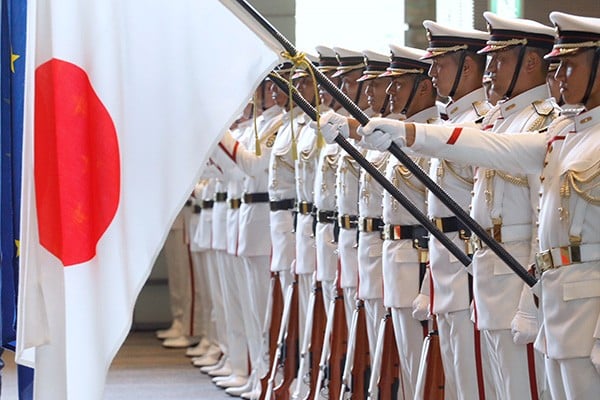 |
| Japan and the EU are expected to cooperate more deeply in the field of security in the coming time. Illustrative photo. (Source: Elcano Royal Institute) |
On July 3, Nikkei Asia reported that the draft Joint Statement between Japan and the European Union (EU) expected to be adopted at the upcoming EU summit will set a new framework for cooperation in the security field.
According to the draft, the two sides will promote cooperation to ensure maritime security in East Asia and deal with future cyber attacks. In particular, the EU will affirm its commitment to increasing its presence in Asia.
In addition, the two sides also aim to upgrade bilateral security relations and establish a new security cooperation framework.
This is the first time Japan and the EU have a comprehensive cooperation framework in this field. Previously, the two sides only focused on economic relations, including the “Green Alliance” and “Digital Partnership”.
The new Japan-EU security cooperation framework is expected to propose cooperation in the areas of maritime security, space security, cyber security and information security – issues that go beyond the individual regions of Asia or Europe.
In addition, the draft Joint Statement also expressed concern over the current situation in the East Sea and the East China Sea, and “strongly opposed any unilateral attempt to change the status quo by force or coercion”.
During his three-day trip to Europe from July 11 to 14, Japanese Prime Minister Kishida Fumio will hold talks with European Commission (EC) President Ursula von der Leyen and European Council President Charles Michel on July 13 to discuss and agree on these contents.
Earlier, in early June, Japan said that at the upcoming EU Summit, Mr. Kishida reaffirmed Japan's stance on the "inseparable" relationship between European security and security in the Indo-Pacific region.
In particular, Japanese and EU leaders are expected to affirm their unity of stance on the Russia-Ukraine conflict, as well as seek consensus on China's new moves.
The two sides will also discuss lifting EU import restrictions on Tokyo food products, following the 2011 accident at Tokyo Electric Power Company's No. 1 nuclear power plant in northeastern Japan, the source said.
At the same time, the summit agenda is expected to include ways to strengthen cooperation between the EU and Japan in the digital field, such as setting international rules for the use of artificial intelligence.
Source



![[Photo] Overcoming all difficulties, speeding up construction progress of Hoa Binh Hydropower Plant Expansion Project](https://vstatic.vietnam.vn/vietnam/resource/IMAGE/2025/4/12/bff04b551e98484c84d74c8faa3526e0)

![[Photo] Closing of the 11th Conference of the 13th Central Committee of the Communist Party of Vietnam](https://vstatic.vietnam.vn/vietnam/resource/IMAGE/2025/4/12/114b57fe6e9b4814a5ddfacf6dfe5b7f)


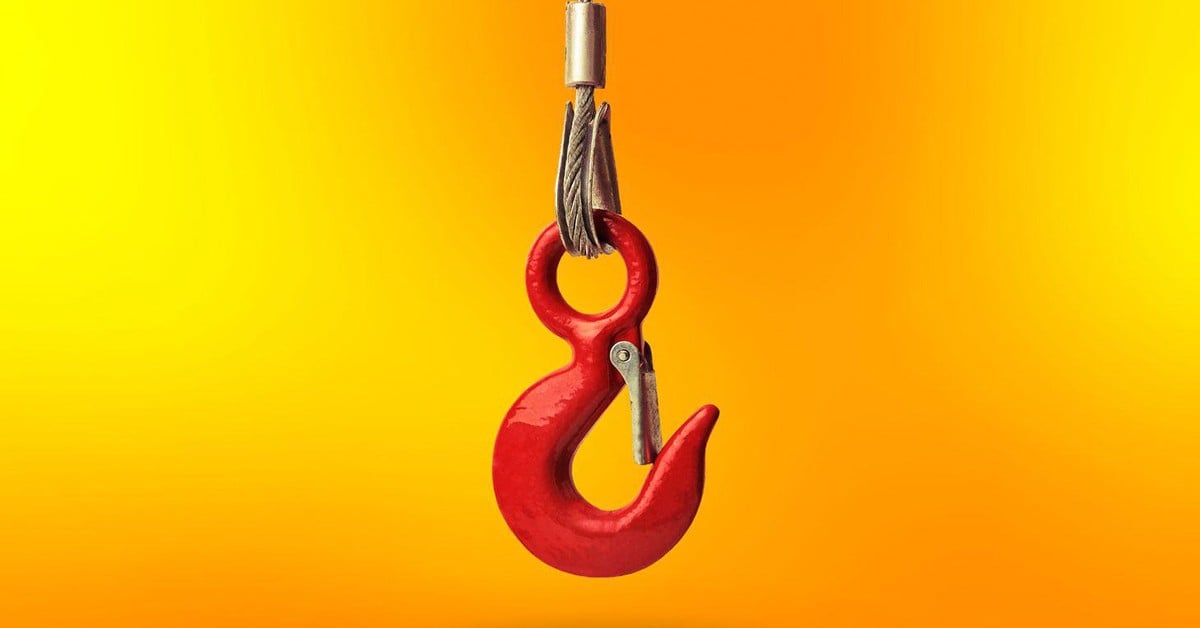

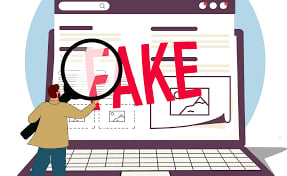

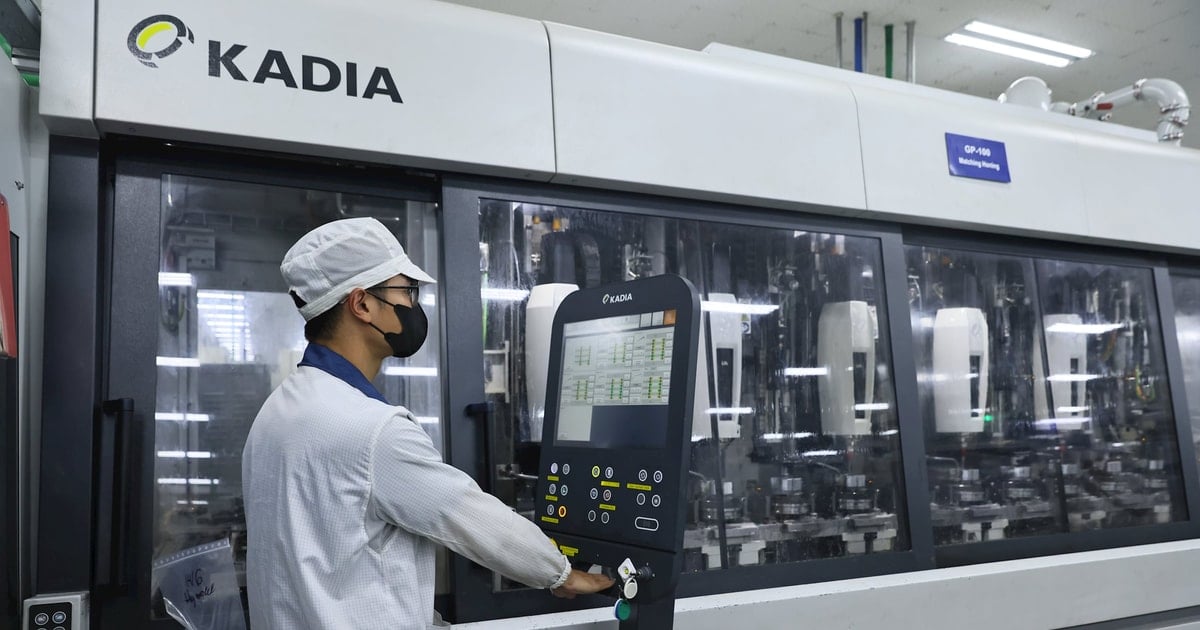

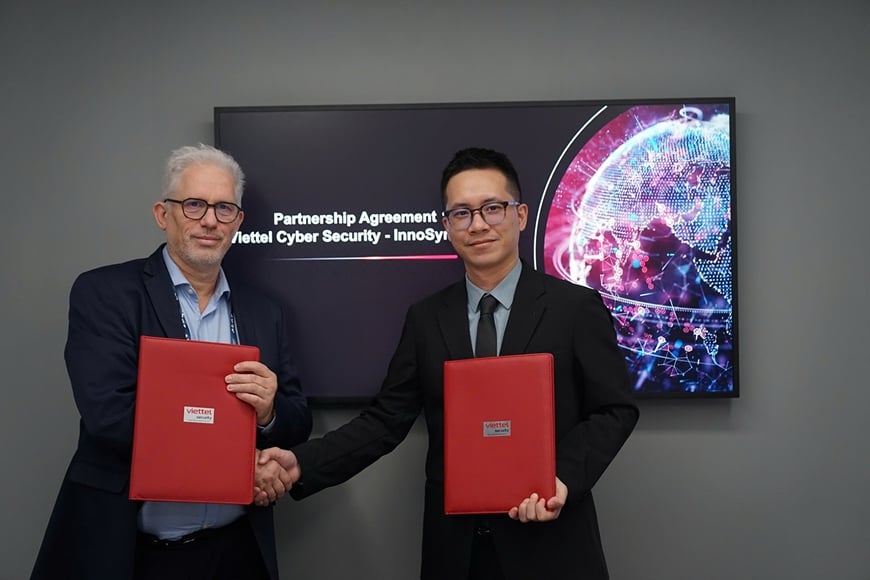

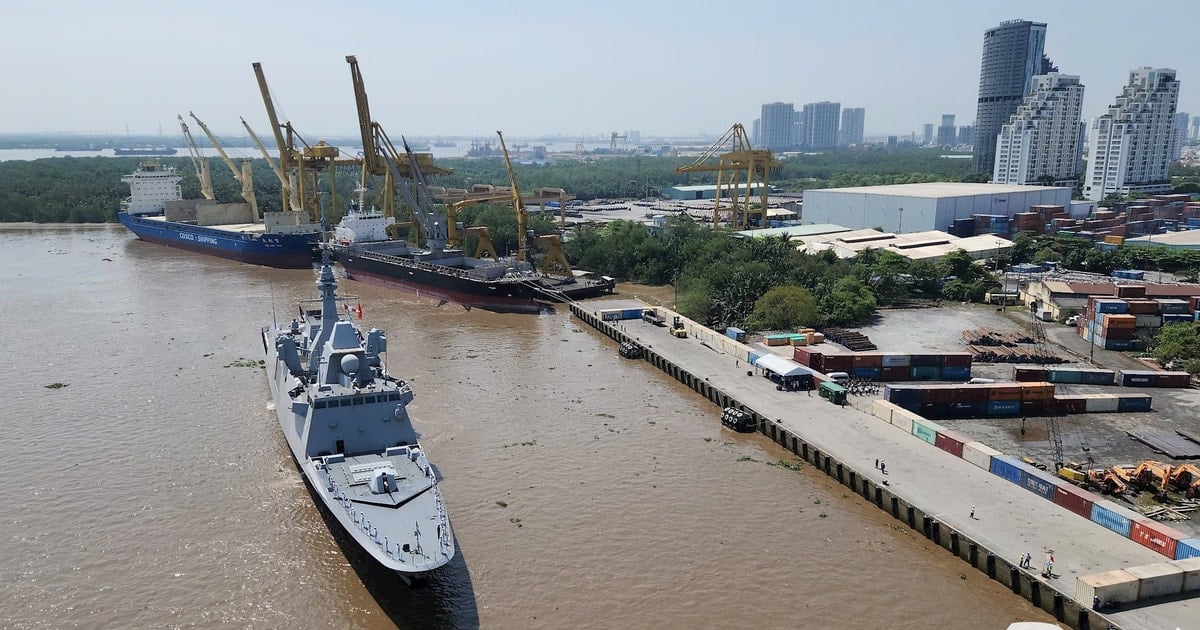










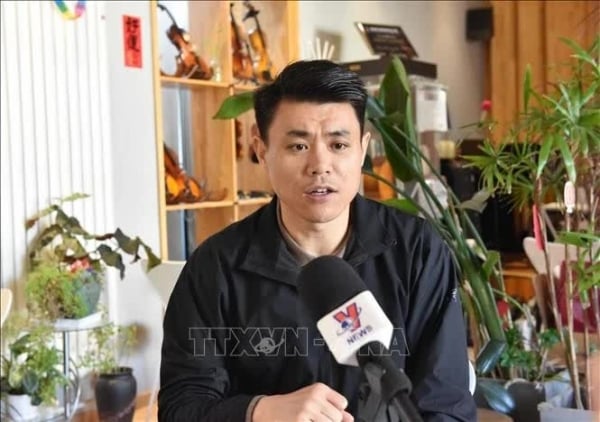
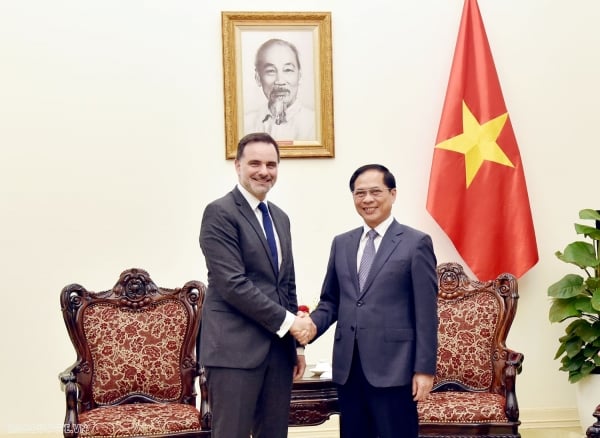
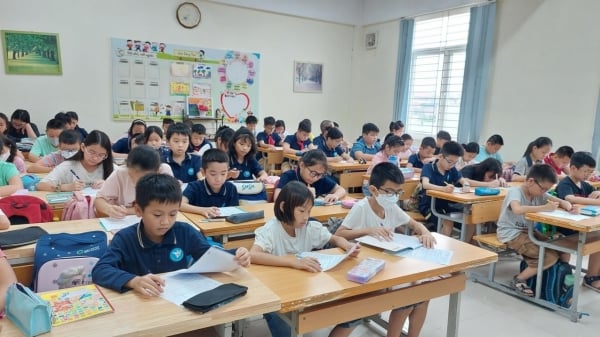
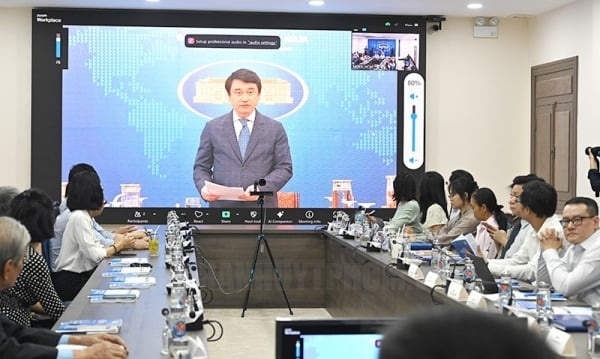

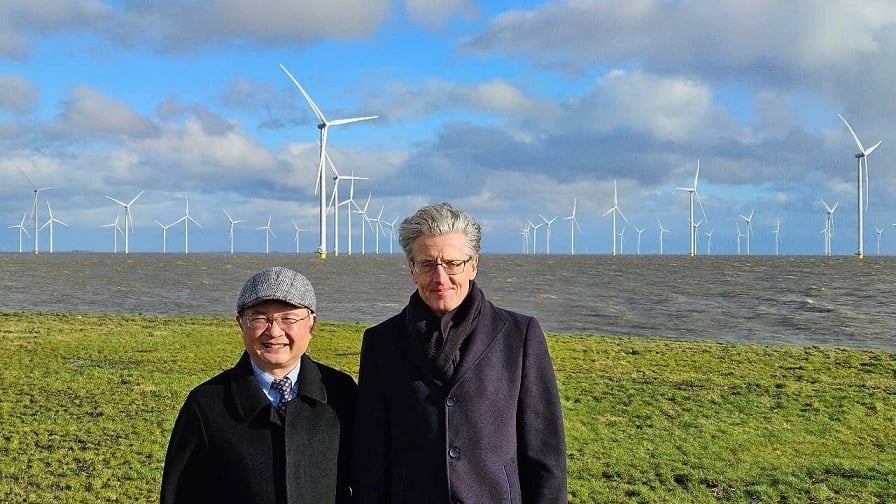












































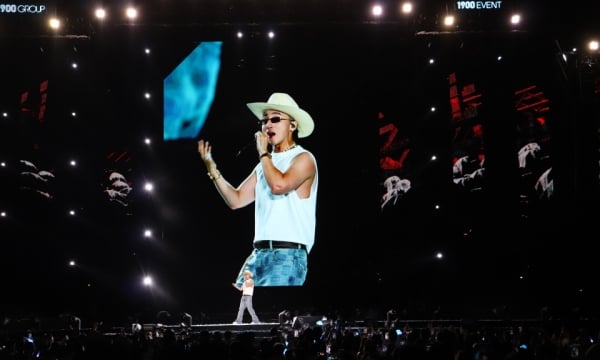


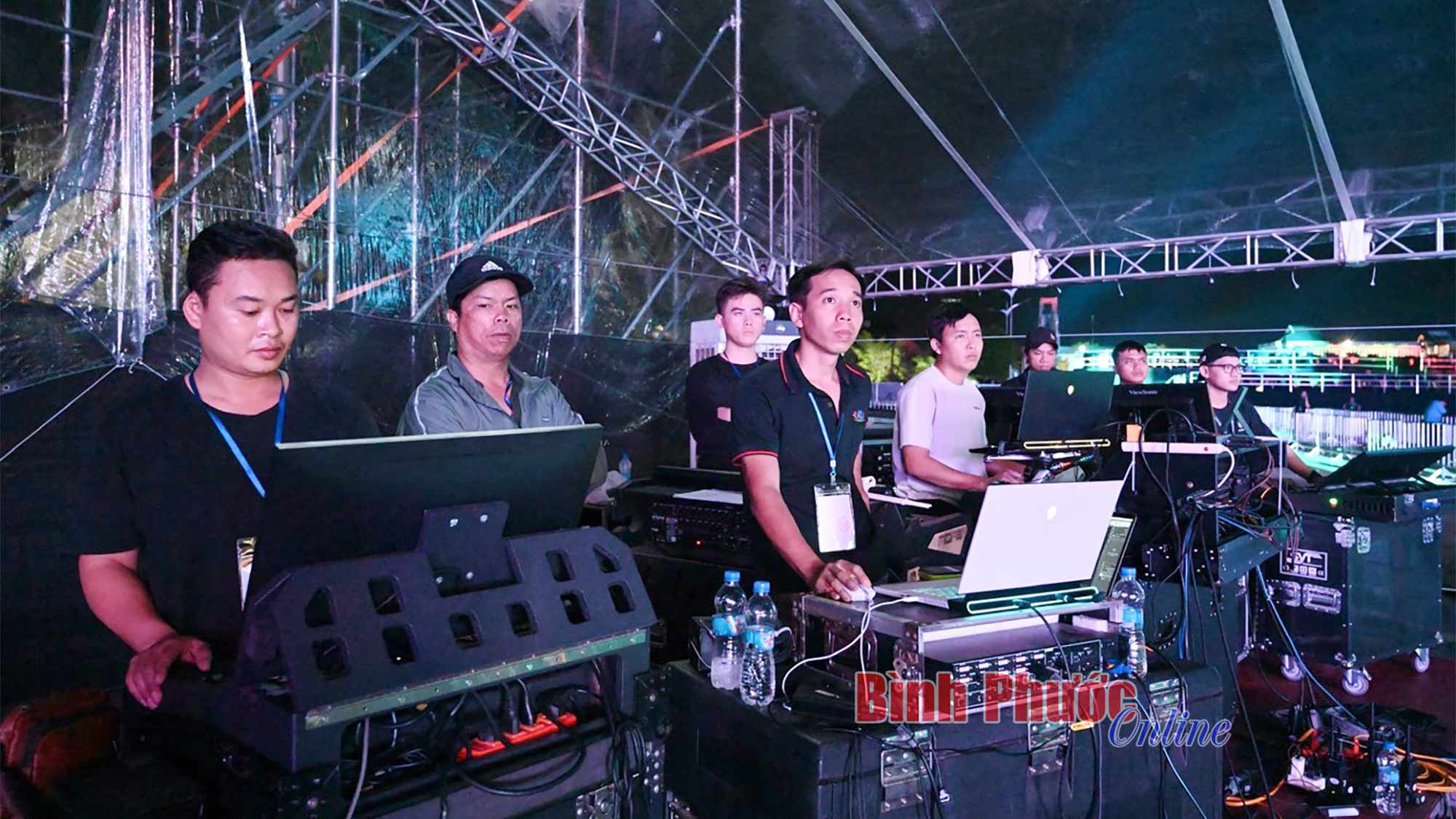

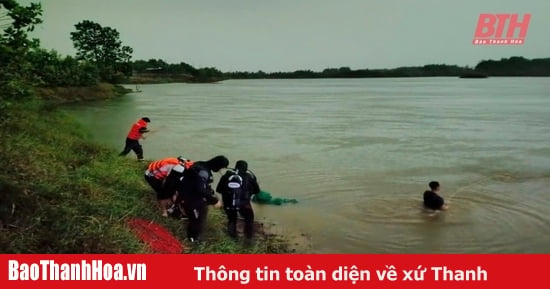













Comment (0)